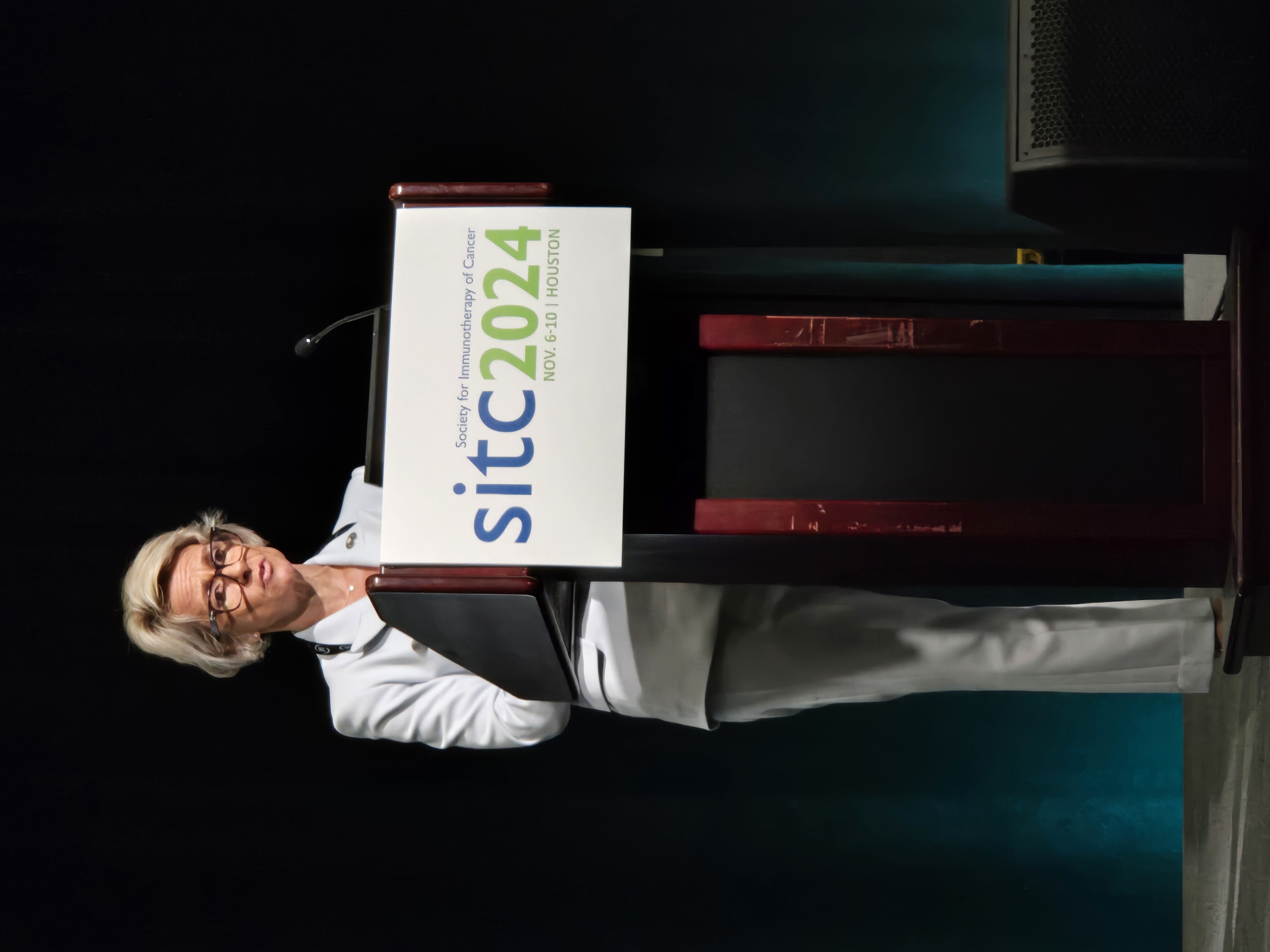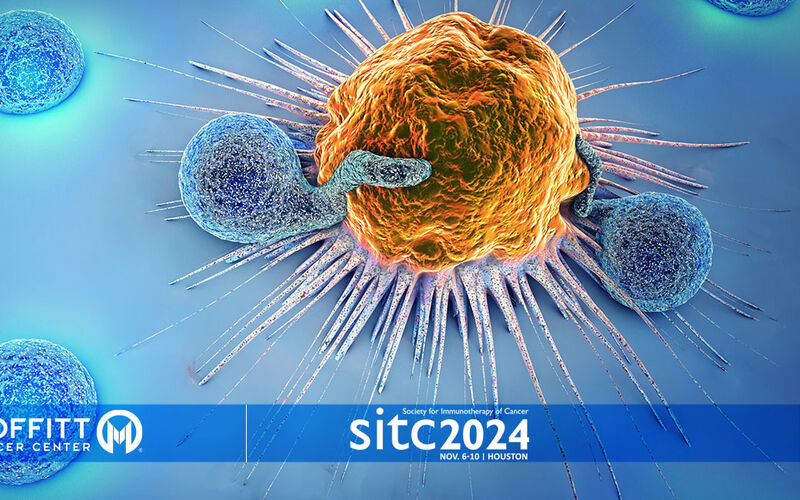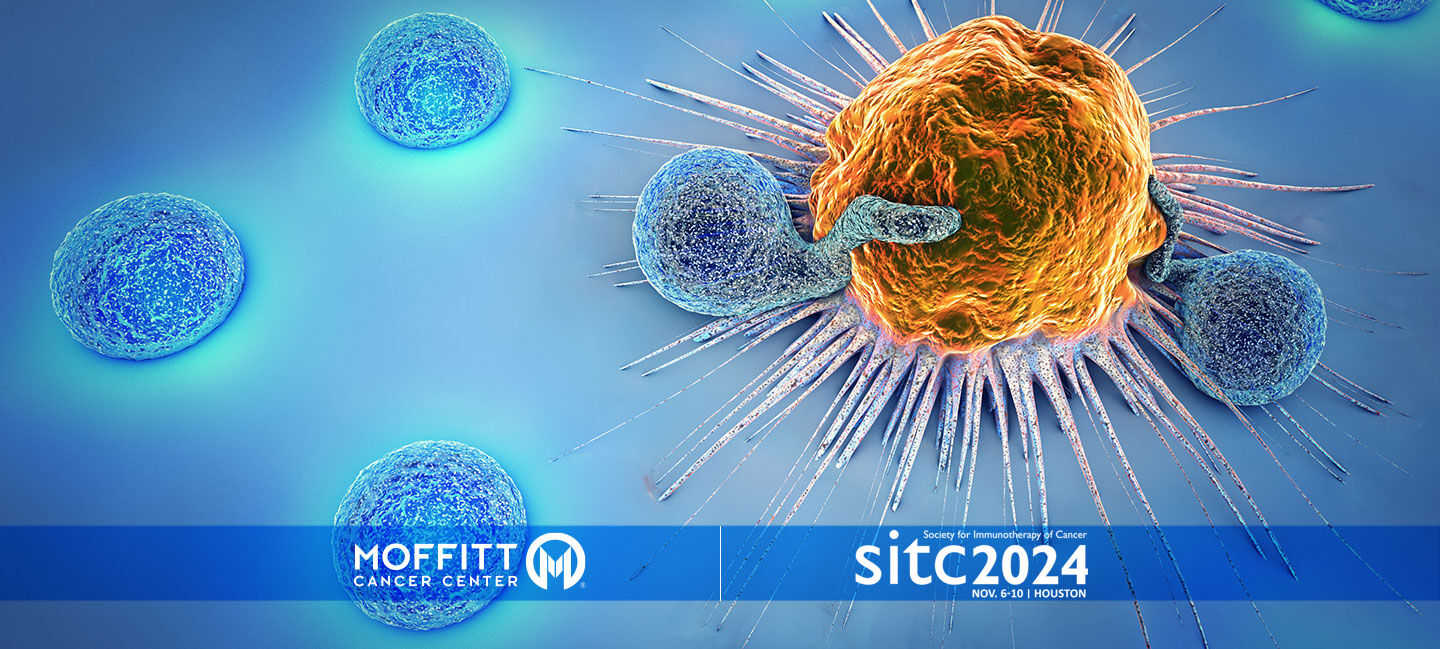Newly Approved Cell Therapy Afami-Cel Shows Long-Term Tumor Control in Synovial Sarcoma
Synovial sarcoma is a rare and aggressive cancer that often affects young adults and is difficult to treat, especially once it spreads. Standard treatments, like surgery, radiation and chemotherapy, often fail to provide lasting control. The average survival for advanced cases is typically 12 to 18 months. But a newly approved therapy, afamitresgene autoleucel or afami-cel, shows promise as a more durable option. Afami-cel is designed to target the MAGE-A4 protein found on synovial sarcoma cells and is the first engineered cell therapy approved by the Food and Drug Administration for a solid tumor.
 Mihaela Druta, MD, says afami-cel stays active in the bloodstream long after the initial infusion, remaining functional for more than three years in some patients.
Mihaela Druta, MD, says afami-cel stays active in the bloodstream long after the initial infusion, remaining functional for more than three years in some patients.
New data from the SPEARHEAD-1 Phase 2 trial, presented at the Society for Immunotherapy of Cancer annual meeting, highlights afami-cel’s potential for long-term tumor control. In this study, 44 patients with advanced or metastatic synovial sarcoma received chemotherapy to prepare the body for a single infusion of afami-cel. Among these patients, 39% experienced disease control, with average responses lasting nearly a year. Afami-cel also stays active in the bloodstream long after the initial infusion, remaining functional for more than three years in some patients.
According to Mihaela Druta, MD, a medical oncologist in the Sarcoma Department at Moffitt Cancer Center, afami-cel’s extended presence is crucial. “Afami-cel persists in the bloodstream and appears to convert into memory cells that maintain functionality over time. This long-term persistence in the peripheral blood is important for afami-cel to trigger durable responses that we have seen in the pivotal SPEARHEAD 1 trial, as T cells that avoid fatigue are more likely to provide prolonged protection.”
In addition to staying active in circulation, afami-cel also infiltrates the tumor environment and stimulates the recruitment of other immune cells to support its function. This broader immune activation fosters an environment where even nonengineered T cells can support the antitumor response.
Afami-cel received FDA approval in August 2024, becoming the first engineered cell therapy approved for a solid tumor. Moffitt is one of eight institutions in the U.S. that can administer the therapy.
During #SITC24, Mihaela Druta, MD (@MihaelaDruta) presents translational and biomarker analyses that reveal afami-cel's mechanisms of anti-tumor activity in synovial sarcoma which involve expansion, persistence, and memory T cell formation, along with tumor infiltration and… pic.twitter.com/NFUkSatbuI
— Moffitt Cancer Center (@MoffittNews) November 8, 2024




